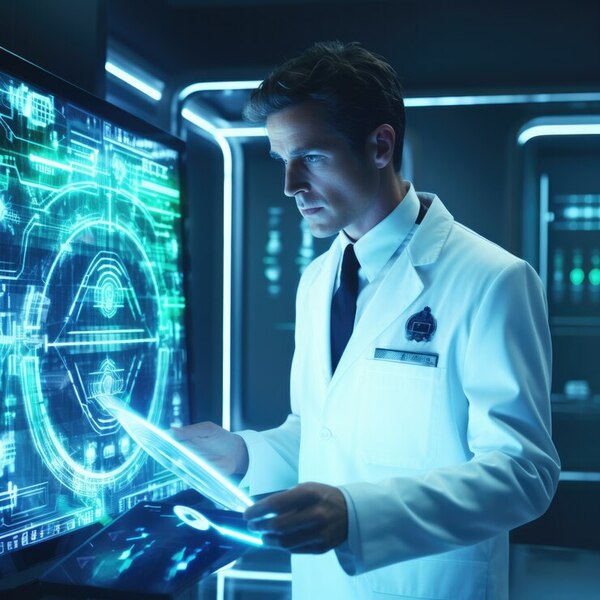In today's fast-paced world, healthcare innovation is constantly evolving. One area that has seen tremendous growth and advancement is medical device software development. From advanced imaging technologies to remote monitoring devices, the development of software for medical devices has revolutionized the way healthcare is delivered. In this article, we will explore the importance of medical device software development solutions and how they are empowering healthcare innovation.
Importance of Medical Device Software Development
Medical device software plays a crucial role in the effectiveness and efficiency of modern healthcare systems. These software solutions are integral to the functionality of medical devices, ensuring accurate data collection, real-time monitoring, and seamless communication between devices and healthcare providers. With the rapid advancements in technology, medical device software development has become more sophisticated and complex, allowing for innovative and life-saving devices to be created.
Enhancing Patient Care Through Innovation
One of the primary benefits of medical device software development is its ability to enhance patient care. From wearable devices that monitor vital signs to advanced imaging software that provides detailed insights into the human body, these innovations have revolutionized the way healthcare is delivered. Patients now have access to personalized and real-time healthcare solutions, leading to improved outcomes and better quality of life.
Advancements in Remote Monitoring
Remote monitoring has become a game-changer in healthcare, allowing patients to receive care from a distance and reducing the burden on healthcare facilities. Medical device software development has made this possible by creating secure and reliable platforms for remote monitoring devices. These solutions enable healthcare providers to track patient progress, adjust treatment plans, and intervene in emergencies quickly. As a result, patients can receive continuous care and support, leading to better health outcomes.
Improving Diagnosis and Treatment
medical device software development has also improved the accuracy and efficiency of diagnosis and treatment. Advanced imaging software, for example, can provide detailed 3D images of the human body, allowing healthcare providers to detect abnormalities early and plan precise treatment strategies. Moreover, software solutions for medical devices can analyze vast amounts of patient data, leading to more accurate diagnoses and personalized treatment plans. This has significantly improved patient outcomes and reduced healthcare costs.
Ensuring Regulatory Compliance and Data Security
With the increasing complexity of medical device software, ensuring regulatory compliance and data security has become paramount. Medical device software development solutions must adhere to strict regulations and standards to guarantee patient safety and data privacy. By implementing robust security measures and encryption protocols, developers can protect patient data from cyber threats and unauthorized access. Compliance with regulations such as HIPAA and GDPR is essential to building trust with patients and healthcare providers.
The Future of Medical Device Software Development
The future of medical device software development looks bright, with continued advancements in technology and innovation. From AI-powered diagnostics to wearable devices that monitor chronic conditions, the possibilities are endless. As the demand for personalized and accessible healthcare grows, so too will the need for innovative medical device software solutions. By investing in research and development, healthcare organizations can stay ahead of the curve and deliver cutting-edge solutions that empower healthcare innovation.
Conclusion
In conclusion, medical device software development plays a crucial role in empowering healthcare innovation. From enhancing patient care to improving diagnosis and treatment, these solutions have revolutionized the way healthcare is delivered. With advancements in technology and a focus on regulatory compliance and data security, the future of medical device software development is promising. By embracing innovation and collaboration, healthcare organizations can leverage these solutions to improve patient outcomes and drive positive change in the industry.



